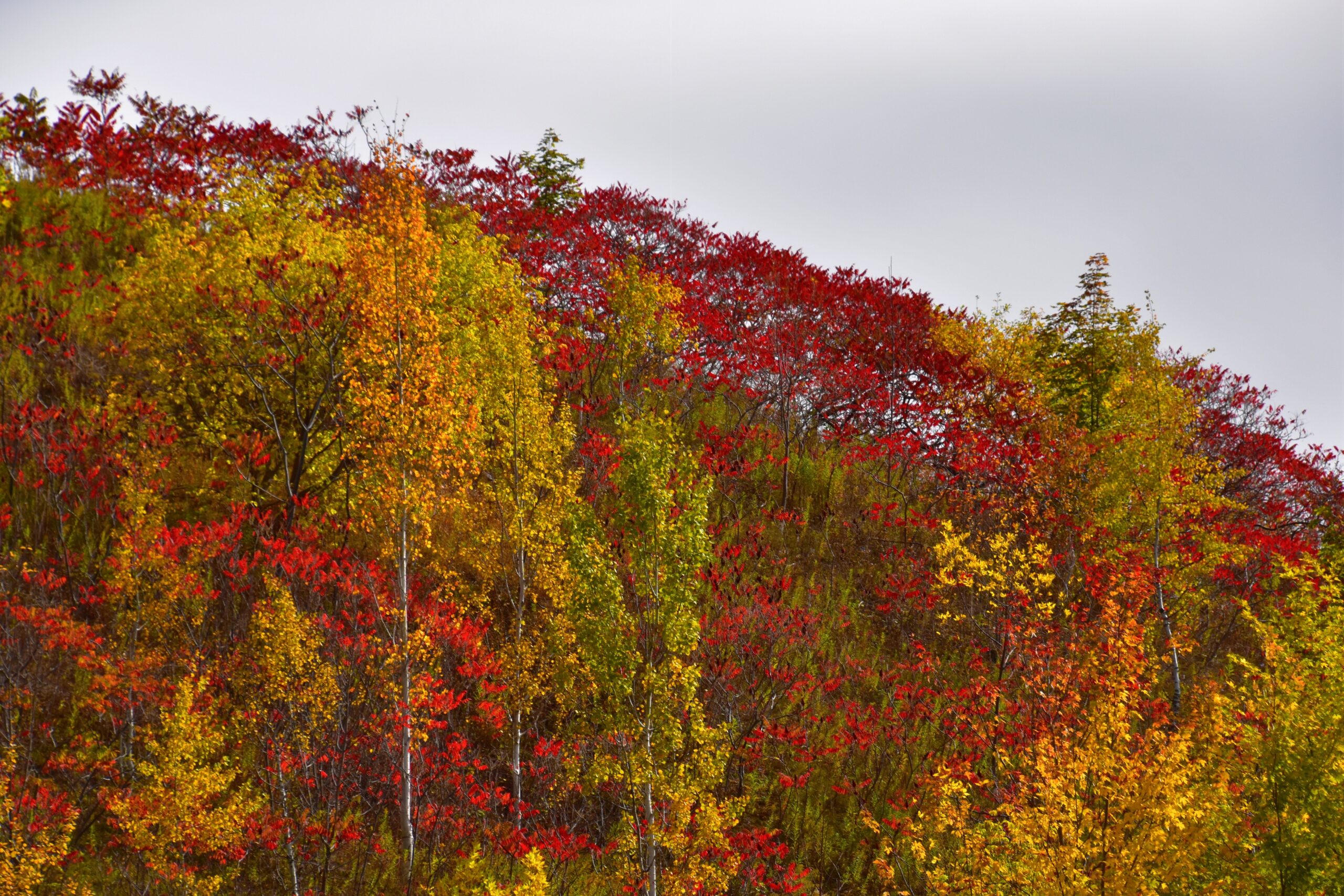It’s difficult to fathom a time before modern technologies when we didn’t know what the weather was going to be like. If you wanted to know whether you required a rain jacket or a light sweater, you had to read wind patterns for weeks instead of having a five-day prediction right on your weather app. That is why, on March 23, we honor the World Meteorological Institution, an international organization that gathers data from around the world to help us better understand the weather and its impact on our lives.
HOW TO OBSERVE WORLD METEOROLOGICAL DAY
Keep an eye on the local weather channel
Knowing what the weather will be like in your location is usually a smart idea. Get to know the people who make these forecasts possible on World Meteorological Day. Your neighborhood meteorologist is an important member of your community.
The WMO calendar is available for download
The WMO organizes a picture contest every year and publishes the winners in their annual calendars. When the calendar is out, keep an eye out for the photographs, which demonstrate how beautiful the weather may be. Best of all, the calendar may be downloaded for free from the WMO website.
Please donate to disaster relief organizations
Early warnings save numerous lives, yet they are not always sufficient. Storms can cause millions of dollars in damage in a matter of hours, and recovery can be slow. Find out how you can help those in need by volunteering or donating by contacting your local Red Cross.
WORLD WATER DAY 2022 : WHEN , HISTORY , ACTIVITIES, IMPORTANCE
WHY WORLD METEOROLOGICAL DAY IS IMPORTANT ?
It assists us in planning our entire days
It would be impossible to get accurate daily weather forecasts without the data collected by the World Meteorological Organization. Most individuals base their entire day on what the weatherman says, from how to dress to what to do. There will be a lot more botched picnics in a world without weather forecasts.
It keeps track of the effects of climate change
There’s more to the World Meteorological Organization than just weather. They detect and track climatic change. Changing sea levels, temperature changes, and rising quantities of greenhouse gases in the atmosphere are all examples of this. This data is critical to our comprehension of the climate change crisis.
Natural tragedies are forewarned to us
Natural disasters are bad enough, but they’d be even worse if we couldn’t track a storm for days before it hit. We can foresee massive storms thanks to the WMO, giving people adequate time to flee or at the very least make the required storm preparations.














